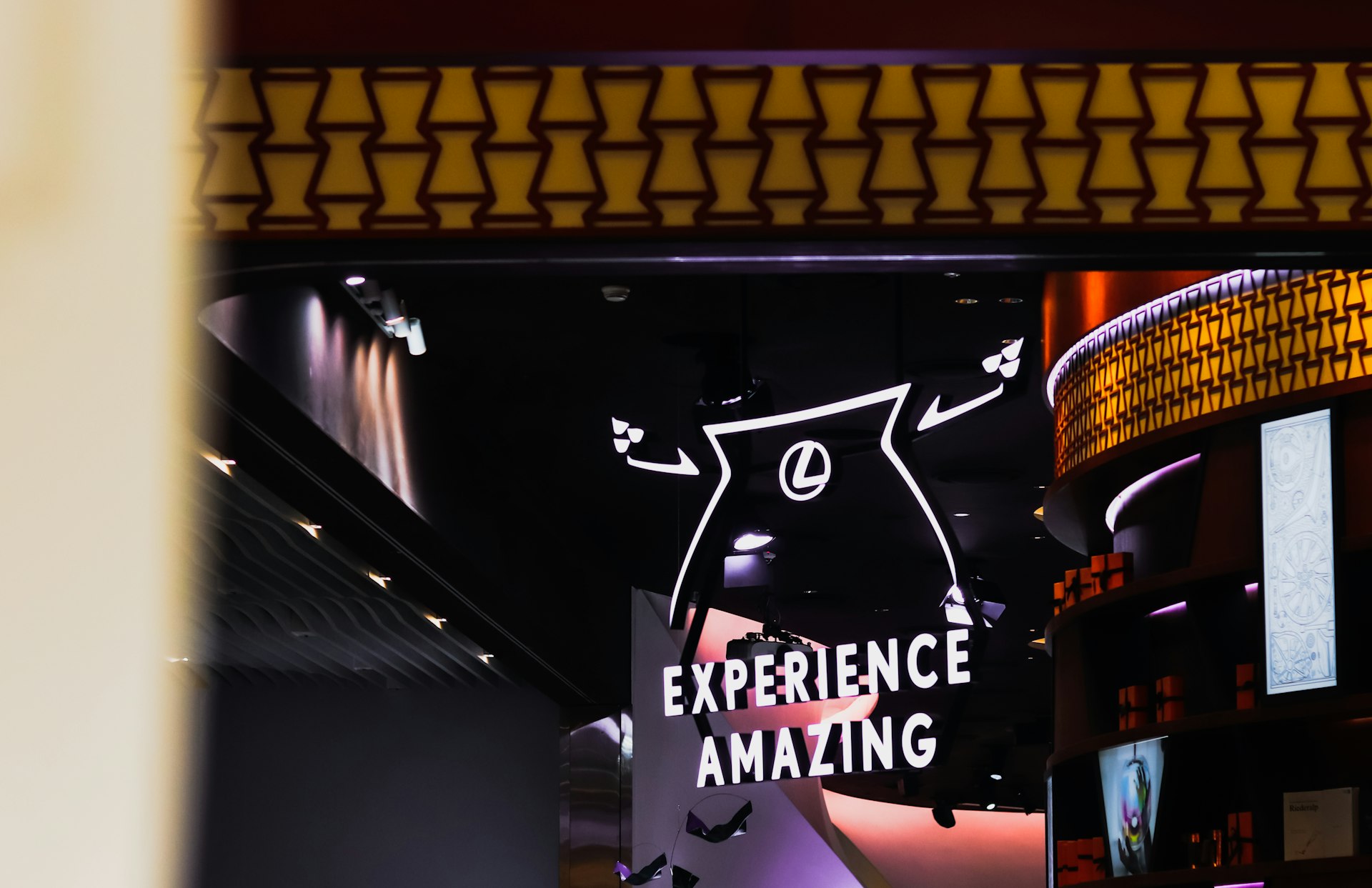Harnessing Community-Led Marketing to Drive Lasting Brand Loyalty

Photo by Helena Lopes on Unsplash
Introduction: The Power of Community-Led Marketing
In today’s digital landscape, brands face the ongoing challenge of not just attracting customers, but keeping them engaged and loyal for the long term. Traditional marketing efforts alone rarely suffice. Instead, leading brands are turning to community-led marketing -a strategy that empowers customers to connect, share, and advocate for the brand, ultimately creating a self-sustaining ecosystem of loyalty. This article explores how community-led marketing drives brand loyalty, highlights proven examples, and provides actionable steps for businesses aiming to replicate this success.
What Is Community-Led Marketing?
Community-led marketing is an approach where brands facilitate and nurture spaces for their customers to interact, share experiences, and support each other. Rather than broadcast messages, brands become facilitators, giving customers the tools and autonomy to shape their own brand experience. This leads to deeper emotional ties, peer-to-peer support, and organic word-of-mouth advocacy-a potent combination for sustaining brand loyalty over time [1] .
How Community-Led Marketing Fosters Brand Loyalty
True loyalty goes beyond repeat purchases. It is rooted in a sense of belonging, shared values, and mutual support. Community-led marketing achieves this by:
- Empowering users to co-create and share content , deepening their investment in the brand.
- Facilitating meaningful interactions between members, which fosters trust and emotional connection.
- Encouraging user-generated content and peer-to-peer advice, enhancing authenticity and credibility.
- Providing exclusive experiences and recognition, making members feel valued and special [2] [3] .
These elements transform passive customers into active brand advocates, driving organic growth and resilience against competitors.
Real-World Examples of Community-Led Marketing Success
Nike Run Club: Nike’s digital running community is a prime example of engagement through shared goals and achievements. Members track their progress, compete in challenges, and celebrate milestones together. This not only strengthens their connection to each other but also to the Nike brand itself. The sense of accomplishment and camaraderie translates into increased brand loyalty and higher purchase intent [1] [3] .
Harley Owners Group (HOG): Harley-Davidson’s HOG community taps into the lifestyle and identity of motorcycle enthusiasts. By organizing rides, providing exclusive merchandise, and fostering relationships among riders, Harley-Davidson has cultivated customer loyalty that lasts decades. Members see themselves as part of a family, not just as customers [1] .
Sephora Beauty Insider: Sephora’s community brings together millions of beauty enthusiasts who share reviews, advice, and inspiration. Specialized mini-groups cater to specific interests such as skincare or hair care, helping users find tailored recommendations. The result is a highly engaged customer base that returns for new products and experiences [2] [5] .
Adobe Creative Community: Adobe’s approach includes forums, webinars, and even live events focused on creative professionals. By providing a platform for users to learn, showcase work, and connect, Adobe transforms customers into lifelong users and brand ambassadors [3] .
Notion: Notion’s productivity software community grew organically as customers created Facebook groups and YouTube tutorials to help each other. The company embraced this trend, supporting and empowering community leaders, which led to a thriving ecosystem of advocates and contributors [4] .
Step-by-Step Guide to Building a Community-Led Marketing Strategy
Developing a successful community-led marketing initiative involves structured planning and ongoing commitment. Here’s how you can implement this strategy:
- Identify your core audience and shared purpose. Define the values, interests, or goals that unite your customer base. For example, runners seeking motivation (Nike Run Club) or creative professionals looking for support (Adobe Community) [1] [3] .
- Choose the right platform. Consider whether your audience is best served by a dedicated website, app, or leveraging existing social media platforms. For technical audiences, forums or Slack groups may be ideal. For lifestyle brands, Instagram or Facebook groups can facilitate engagement [4] .
- Foster authentic engagement. Encourage members to share stories, ask questions, and support each other. Spotlight user-generated content and celebrate member milestones to build a sense of recognition.
- Empower community leaders. Identify passionate users and give them tools to lead discussions, moderate content, and host events. This decentralized approach fuels organic growth and deeper engagement [4] .
- Provide exclusive value. Offer early access to products, special discounts, or invitations to events as recognition for active members. These perks reinforce loyalty and incentivize ongoing participation [3] .
- Measure and evolve. Track engagement metrics, member retention, and user feedback. Adapt your strategy based on insights and emerging needs to keep the community vibrant and relevant.
Challenges and Solutions in Community-Led Marketing
While the benefits are substantial, building and sustaining a thriving brand community is not without obstacles:
- Low initial engagement: New communities may struggle to gain traction. Overcome this by seeding discussions, offering incentives for participation, and inviting industry influencers to contribute.
- Moderation and management: As the community grows, maintaining a positive culture and addressing conflicts becomes critical. Designate trained community managers and establish clear guidelines to foster respectful interactions.
- Content fatigue: Members may lose interest if content becomes repetitive. Encourage diverse contributions, run themed campaigns, and regularly introduce fresh topics to sustain interest.
In each case, transparency, responsiveness, and a member-first mindset are key to overcoming challenges.
Alternative Approaches to Community Engagement
If a full-scale brand community isn’t feasible, consider alternatives such as:
- Ambassador or influencer programs: Recruit loyal customers to advocate for your brand on their own platforms.
- User-generated content campaigns: Encourage customers to share experiences with your products, then highlight their stories in your marketing.
- Online events and webinars: Host virtual meetups or workshops to connect users around shared interests.
Each option offers a scalable entry point to community-led marketing with the potential to expand as your resources and audience grow.

Photo by Camylla Battani on Unsplash
How to Access Community-Led Marketing Resources
To begin building your own brand community, you can:
- Research leading examples by visiting the official websites of brands like Nike, Sephora, and Adobe to study their community structures and engagement tactics.
-
Explore reputable marketing publications and community management platforms for case studies, best practices, and toolkits. For instance, searching for
“brand community case studies”
on established marketing blogs can yield valuable insights. - If you wish to join or observe online communities, look for official forums or groups linked from a brand’s main site. Always verify that you are on the authentic company domain before sharing information.
- Consider reaching out to professional associations in your industry for guidance on community-building strategies and available resources.
If you need step-by-step guidance, many digital marketing consultants and agencies offer introductory consultations. To find reputable providers, search for
“community marketing agencies”
or
“community engagement consultants”
and review credentials and testimonials before proceeding.
Conclusion: The Lasting Value of Community-Led Marketing
Community-led marketing is more than a trend-it is a proven pathway to deeper customer loyalty, sustainable growth, and authentic brand advocacy. By facilitating spaces for connection and empowering your users, you can transform passive buyers into lifelong ambassadors. Whether you’re a startup or an established brand, now is the time to invest in your community and reap the rewards of lasting loyalty.
References
- [1] LearnWorlds (2025). 8 Successful Examples of Online Brand Communities.
- [2] Khoros (2025). 11 great brand community examples for 2025.
- [3] Fabrik Brands (2025). 13 inspiring brand community examples that redefine loyalty.
- [4] Sequel.io (2025). 6 Popular Community-Led Growth Examples from Leading Brands.
- [5] Antavo (2025). 11 Powerful Brand Loyalty Examples: Strategies from Global Leaders.
MORE FROM todayhiring.us













